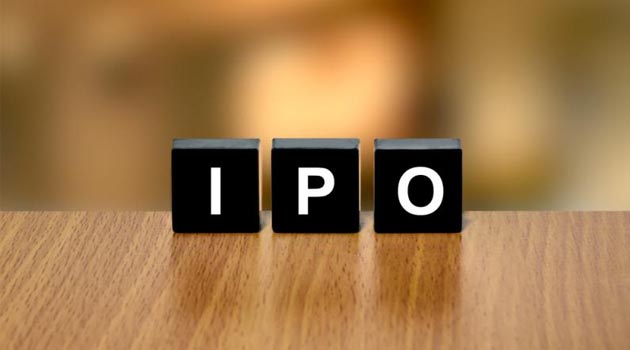SEBI increases scrutiny on IPO documents
India’s market regulator is increasing scrutiny of issue documents filed by companies going public, four sources said, amid a rise in initial public offerings in the Indian market.
The country’s surging stock market has prompted nearly 50 companies to launch public issues in 2023; eight issues have been completed so far this year and another 40 are waiting for clearance from the Securities and Exchange Board of India (Sebi).
“The regulator has returned at least six public offer documents, as Sebi observed companies are misleading in their reasons for fundraise,” said the first of the four people cited above.
The regulator is particularly scrutinising what companies say they intend to use funds raised from the IPO for, these sources, directly familiar with the matter, said.
The sources declined to be identified as they are not authorised to speak to the media. Sebi did not respond to an email.
As per Sebi rules, funds raised via IPOs can be used for capital expenditure, debt reduction, general corporate purposes and acquisitions.
If funds are used to reduce debt, promoters will have their shares locked in for 18 months. However, if funds are being raised for capital expenditure, promoters have a three-year lock-in period.
‘Promoters’ is a regulatory classification in India that includes large shareholders who can influence company policy.
“By saying the company is using funds to retire debt, they (promoters) are circumventing the law and reducing the share lock-in period from three years to 18 months,” the first person said.
An investment banker, who declined to be identified as discussions with the regulator are private, said Sebi has sought a detailed break-up of whether IPO proceeds are being used to retire debt taken for capital expenditure.
“This is making disclosures fairly cumbersome,” they added.
Earlier this month, India’s market regulator said it was investigating three IPOs for allegedly inflating the number of subscriptions received.




